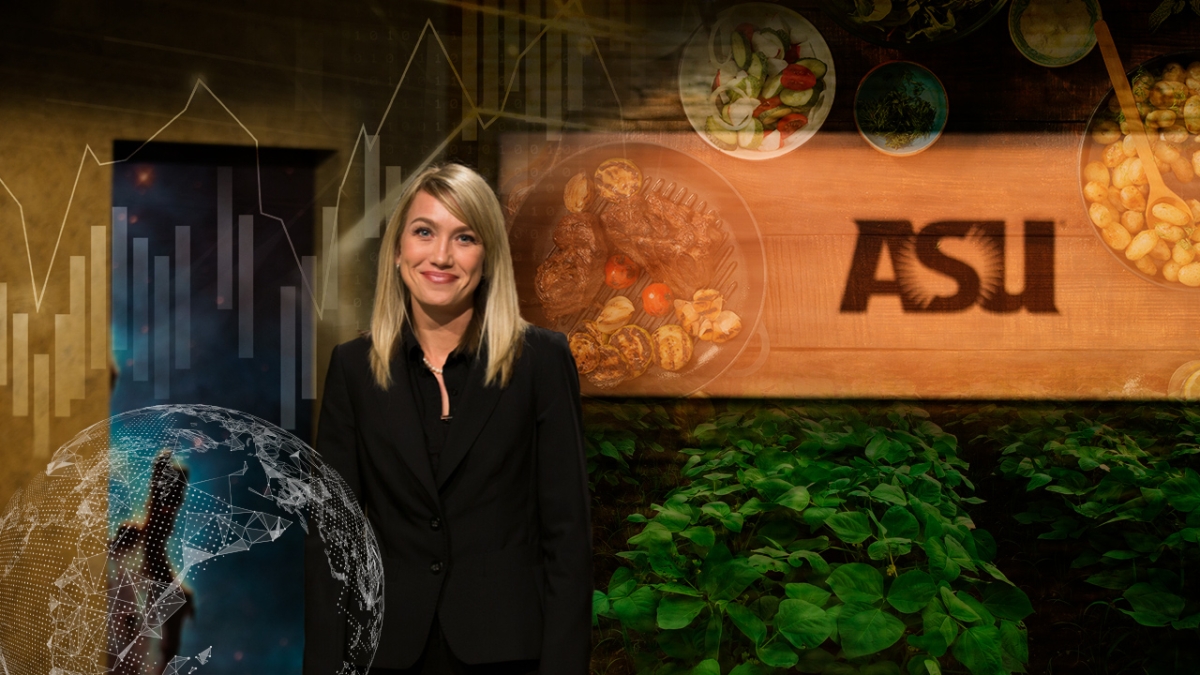“Can I borrow a cup of sugar?” For many Americans, the question conjures a nostalgic image of friendly neighbors relying on each other for support and assistance. For Amber Wutich, an anthropology professor and director of the the Center for Global Health at Arizona State University, such small acts of kindness form the glue that binds us together and may even ensure our survival.
Wutich is an ethnographer who studies sharing traditions in diverse communities around the world, including a small-scale farming village in Paraguay, a squatter settlement in Bolivia and the Mexican immigrant community in Arizona. In each of these communities, Witich observed residents sharing with one another — even when they had very little for themselves. These sharing networks proved to be a critical element in the life and vitality of the community and its residents.
Regardless of where we live or our economic circumstances, sharing is a fundamental part of what makes us human. In her KEDtalk, Wutich explores how developing nurturing, trusting relationships with one another makes it possible for us to co-exist, support and thrive together.
Wutich’s talk is part of the ASU KEDtalks series. Short for Knowledge Enterprise Development talks, KEDtalks aim to spark ideas, indulge curiosity and inspire action by highlighting ASU scientists, humanists, social scientists and artists who are driven to find solutions to the universe’s grandest challenges. Tune in monthly to research.asu.edu/kedtalks to discover how the next educational revolution will come about, whether space is the next economic frontier and more.
More Science and technology

ASU water polo player defends the goal — and our data
Marie Rudasics is the last line of defense.Six players advance across the pool with a single objective in mind: making sure that yellow hydrogrip ball finds its way into the net. Rudasics, goalkeeper…

Diagnosing data corruption
You are in your doctor’s office for your annual physical and you notice the change. This year, your doctor no longer has your health history in five-inch stack of paperwork fastened together with…
Large-scale study reveals true impact of ASU VR lab on science education
Students at Arizona State University love the Dreamscape Learn virtual reality biology experiences, and the intense engagement it creates is leading to higher grades and more persistence for biology…


